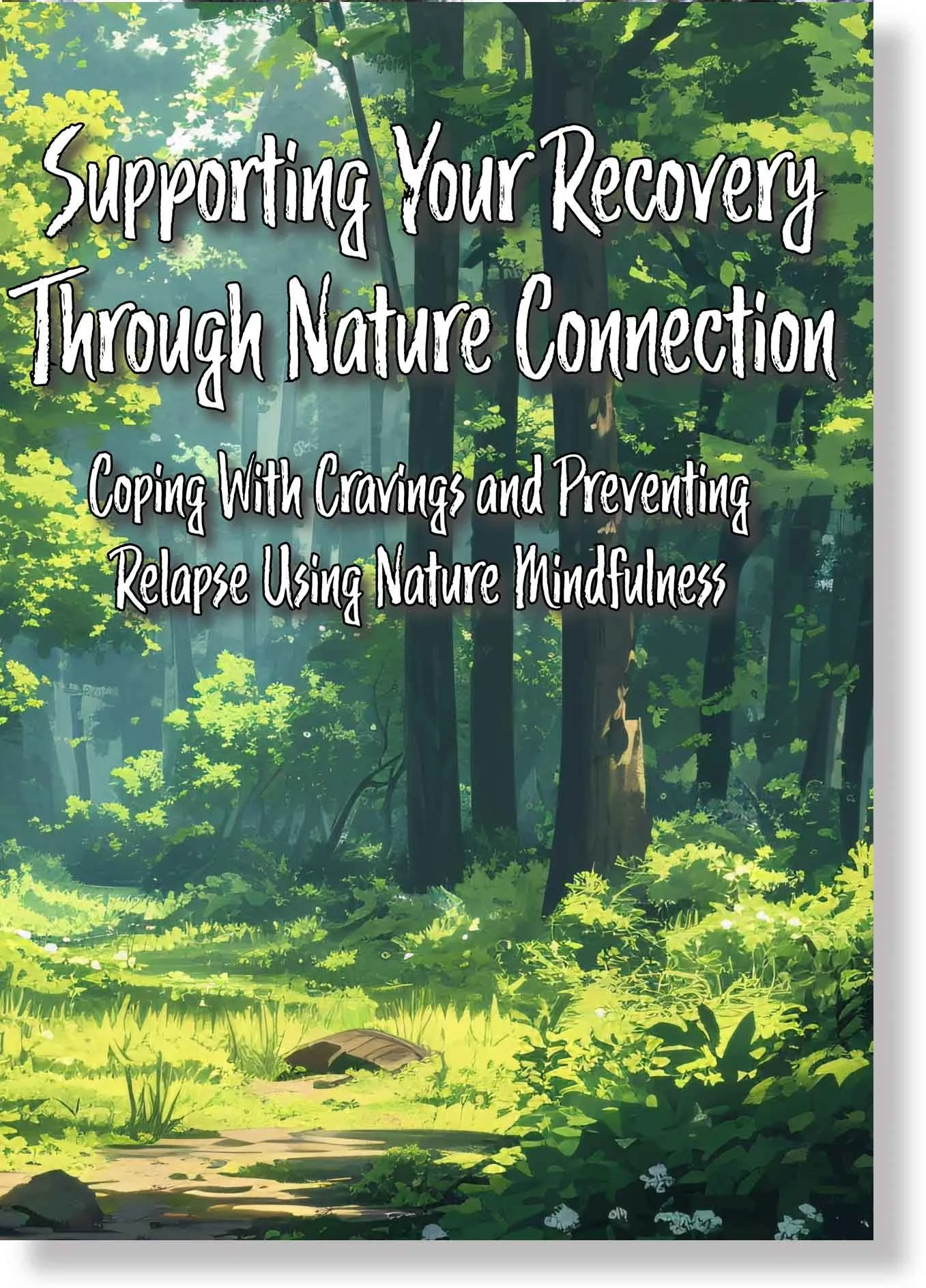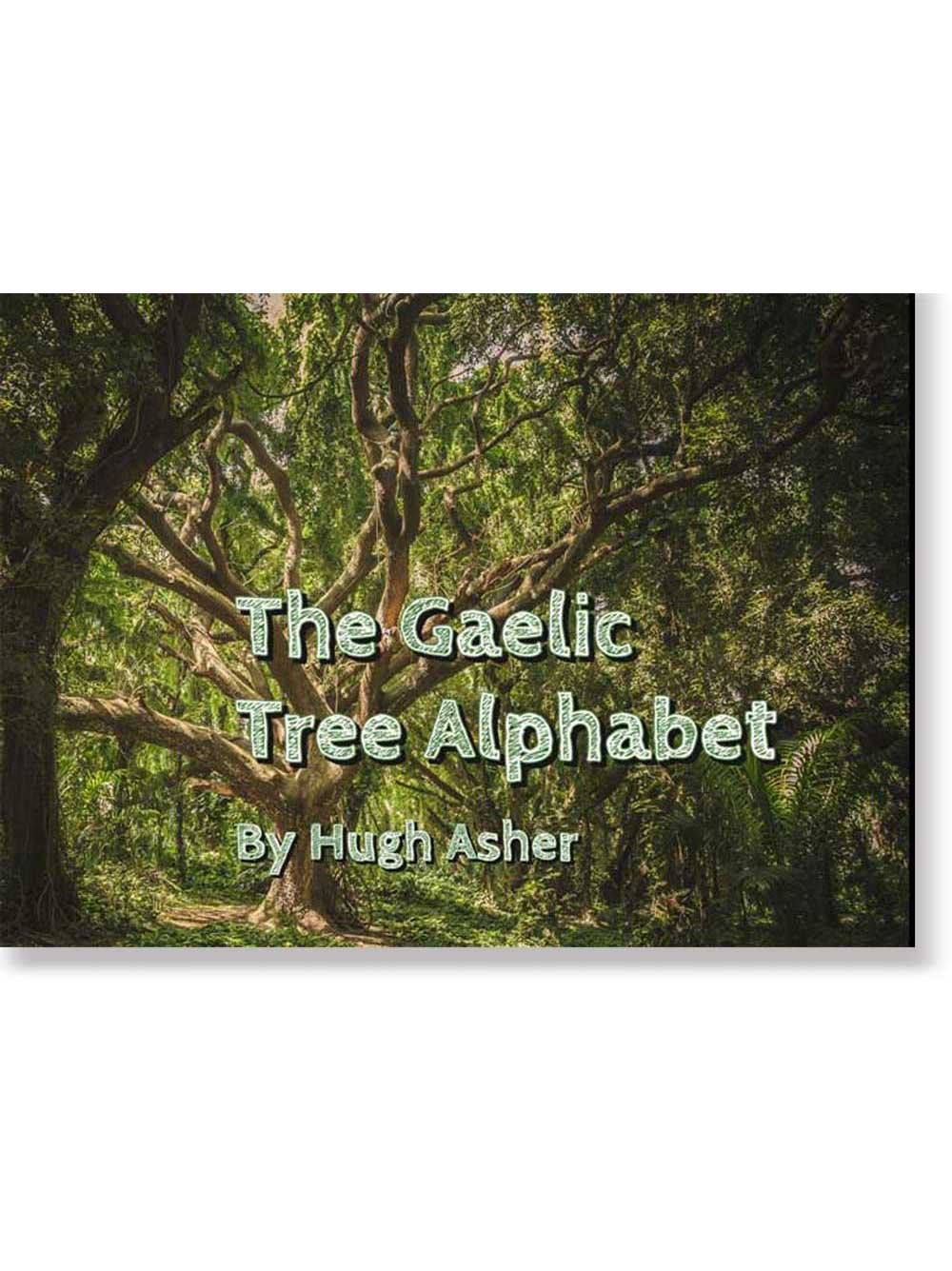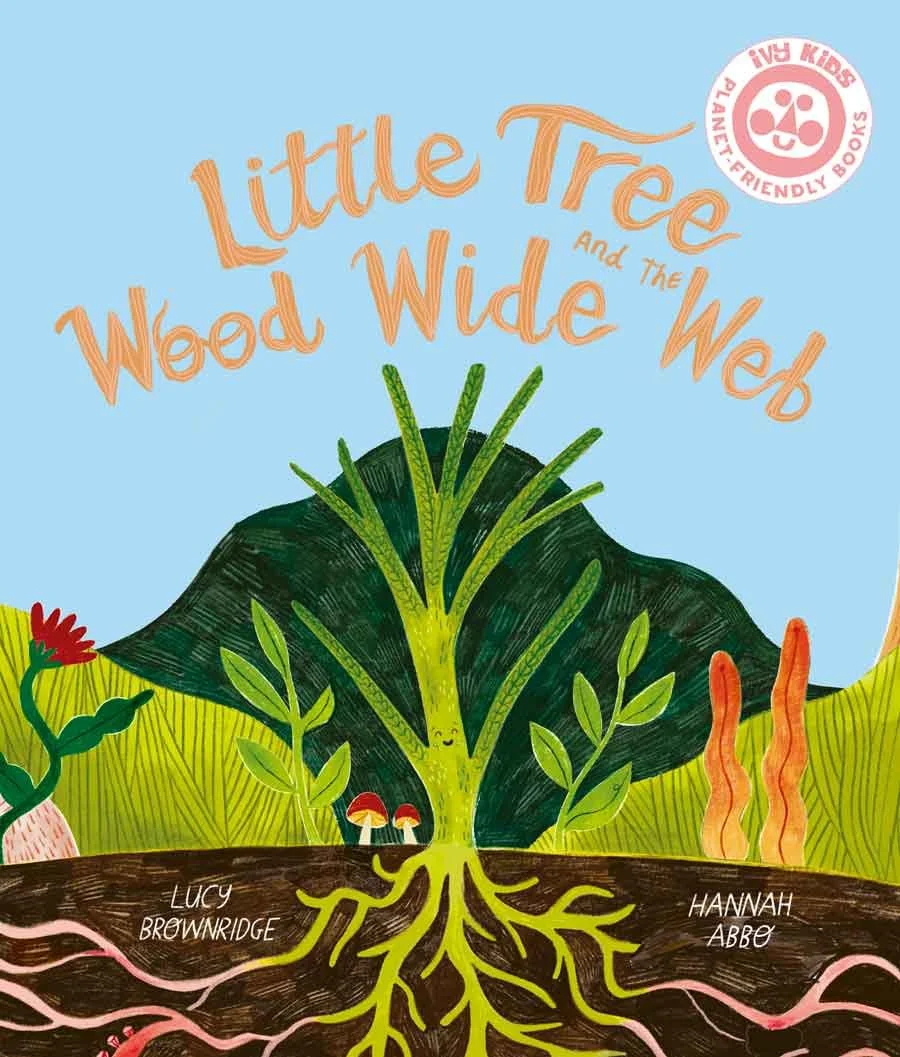The Connection Between ‘Deep Ecology’ and Forest Bathing
14th January 2023
What is ‘Deep Ecology’?
Deep Ecology is an environmental philosophy that recognises and advocates for the inherent value of all living beings, regardless of their usefulness to humans. It asserts that the natural world has an intrinsic value that is separate from any value that humans may assign to it, and that human interference in nature can have negative consequences for both the environment and for human well-being. It is based on the idea that human beings are an integral part of the natural world and should coexist with other species in a sustainable way. It is an holistic view proposing that there are no real differences between humans and other living organisms, that we are all strongly connected to nature, are interdependent, and that the relationships between entities are more important than entities themselves.
The Origins of Deep Ecology
The concept of Deep Ecology was first conceived by Arne Næss, often considered the founder of environmental philosophy. It emerged in the 1970s in the wake of the first Earth Day in 1970, as a response to the traditional, human-centred view of the natural world, which often sees the environment as a resource to be exploited for human benefit. Næss proposed that there needs to be a shift away an anthropocentric (human-centered) to an ecocentric viewpoint in which every living thing is seen as having inherent value regardless of its utility.
Deep Ecologists argue that this anthropocentric approach is unsustainable and ultimately harmful to the natural world and all living beings. They believe that the environmental crisis facing the world today is a result of this human-centred view and advocate for a fundamental shift in our relationship with the natural world towards one in which humankind does not view itself as superior to nature and apart from it. Eastern religions, particularly Taoism and Zen Buddhism, are said to have profoundly influenced the Deep Ecology movement through the concept of ‘The Ecological Self’ (see later section).
The Fundamentals of Deep Ecology
Deep Ecology recognises that the natural world is interconnected and interdependent, and that all living beings are part of a larger ecological community. Deep Ecologists believe that all living beings, from plants and animals to humans, are part of a larger ecological community and that we as humans have a responsibility to preserve and protect the natural world. They argue that human beings have become too focused on their own needs and desires, and have lost sight of the importance of preserving the health and integrity of the natural world.
Deep Ecology therefore calls for a more holistic and compassionate approach to the environment, one that takes into account the needs of all species and ecosystems, includes respecting the rights of other species and ecosystems, and takes steps to protect and preserve the natural environment for future generations. In this way Deep Ecology stresses the need for humans to recognise their place in the natural world and to live in a way that is more harmonious with the environment. This may involve making lifestyle changes that reduce our impact on the environment, such as reducing consumption, using renewable energy sources, and supporting conservation efforts.
Deep versus Shallow Ecology
Deep Ecology often creates a metaphorical distinction between ‘shallow’ ecological practices and ‘deep ecology’. Arne Naess coined the term ‘shallow ecology’ to refer to ecological practices and principles that rely predominantly on pragmatism and focus on policy and technology. Focusing on recycling instead of waste prevention is an example of Shallow Ecology because it prioritises human welfare instead of anything in the ecosystem. In many ways Shallow Ecology still holds to the idea that the protection and conservation of the environment should only be practised when beneficial to humans. Deep Ecology on the other hand questions the premises of contemporary science and society and proposes a more radical viewpoint that sees the cause of global ecological problems as more political, economic and societal.
Dark Green Religion
Dark Green Religion or Dark Green Spirituality is a term coined by Bron Taylor to refer to contemporary eco-spiritual and earth-centred movements. Taylor's research explored the links between religion and environmentalism, and the core beliefs of movements emphasising the importance of nature as sacred and who hold common beliefs in animism and Gaia. Dark Green Religion celebrates the sensitivity of humans to their environment, forming a deep appreciation for all interconnected facets of life that function together on our planet. Just as with Deep Ecology, Dark Green Religion considers nonhuman species to have equal worth to human beings, regardless of their usefulness to humans.
Dark Green Environmentalism
Dark Green Environmentalism is closely associated with ideas of ecocentrism, Deep Ecology, degrowth, anti-consumerism, post-materialism, holism, the Gaia hypothesis of James Lovelock, and sometimes a support for a reduction in human numbers and/or a relinquishment of technology to reduce humanity's effect on the planet and the environment. As Alex Steffen notes, Dark Greens believe that environmental problems are an inherent part of industrialised civilisation, and seek radical political change. Dark Greens believe that currently and historically dominant political ideologies (sometimes referred to as Industrialism) inevitably lead to consumerism, overconsumption, waste, alienation from nature and resource depletion. Dark Greens claim this is caused by the emphasis on economic growth that exists within all existing ideologies, a tendency referred to as growth mania.
Alex Steffen continues by describing how, more recently, ‘Bright Greens’ have emerged as a group of environmentalists who also believe that radical changes are needed in the economic and political operation of society in order to make it sustainable, but that better designs, new technologies and more widely distributed social innovations are the means to make those changes—and that society can neither stop nor protest its way to sustainability.
Buddhism and the Ecological Self
As Joanna Macy’s notes in her work on ‘The Ecological Self’, Lynn White, Jr., suggested as long ago as 1967 that Western philosophical and religious traditions had led to a devaluation of nature and an anthropocentric view of the world. This, he (White) argued, has been a major contributor to our current ecological crisis. Others subsequently proposed Buddhism as a source for more ecologically friendly ways of being in the world due to its conception of humans being deeply interconnected with their environment. In recent years, scholars have investigated into Asian and Western religious approaches to ecology, with Buddhism offering fertile ground for many thinkers striving to provide a theoretical basis for a more sustainable relationship with the environment.
Although it would be short-sighted to suggest that the founders of Buddhism were Deep Ecologists, it is possible to identify many elements of Deep Ecology in Buddhism, and elements of Buddhism in Deep Ecology, and they have long been inextricably linked. Buddhist teachings focus on reducing suffering, which is indeed how humans should strive to treat all living creatures, including the Earth itself – an idea also tied to Buddhism's belief in interconnectedness and its opposition to consumerism. Buddhist moral thought encourages refraining from activities such as consuming certain types of meat, polluting water and cutting down trees – all of which are seen as contributing towards creating an ecologically sustainable existence. Furthermore, the sacred precept against killing other living beings - even those lower down the food chain – along with encouraging goodwill towards others, not just within humankind, but also other sentient creatures is often seen as embodying the essence of ecological sustainability and compassion.
Deep Ecology and Forest Bathing
Both Forest Bathing and Deep Ecology promote the idea that connecting with nature can have positive effects on our physical and mental health, and that preserving the natural world is important for the well-being of all living things, not just human beings.
A key concept within Forest Bathing and Nature Connection Practices is that increased connection with nature has a beneficial effect on physical, psychological and emotional wellbeing, and that through recognising this, people with higher levels of nature connection often do more for nature, both in terms of reducing their impact on the environment and through taking positive actions to restore it.
This can be seen in the work of Yu Chia-Pin, an Associate Professor in the School of Forestry & Resource Conservation at the National Taiwan University, who has defined three levels of engagement influencing the impact of the forest environment (and wider nature and natural resources) on human health and wellbeing, and also the positive impact that humans can have on forests and nature.
Level One
The first level is where people enjoy the trees, plants, trails and natural landscape experienced during a Forest Bathing walk or other nature-connection activities, and consequently experience relaxation, stress-reduction and health and wellbeing benefits.
Level Two
The second level is where people learn more about nature-based interventions and nature connection activities that can support and enhance their health and wellbeing in their daily lives.
Level Three
At Level Three, people have gained a greater recognition of the mental, emotional, physical and spiritual health and wellbeing effects of increased nature-connection and consequently seek to become better stewards of the natural world and engage in activities that mutually beneficial for themselves and the environment and for planetary health.
‘Planetary Health’ refers to the health of the planet and its inhabitants, including humans. This incoporates issues related to climate change, pollution, loss of biodiversity, and other environmental problems. It is a holistic approach that considers the interactions between human and natural systems and is supported by the many studies that have shown that protecting natural environments like forests can have positive effects on both human and planetary health.
If you have enjoyed this article and would like to support what we do by donating £2 or more to buy saplings, please follow the link below:



























































